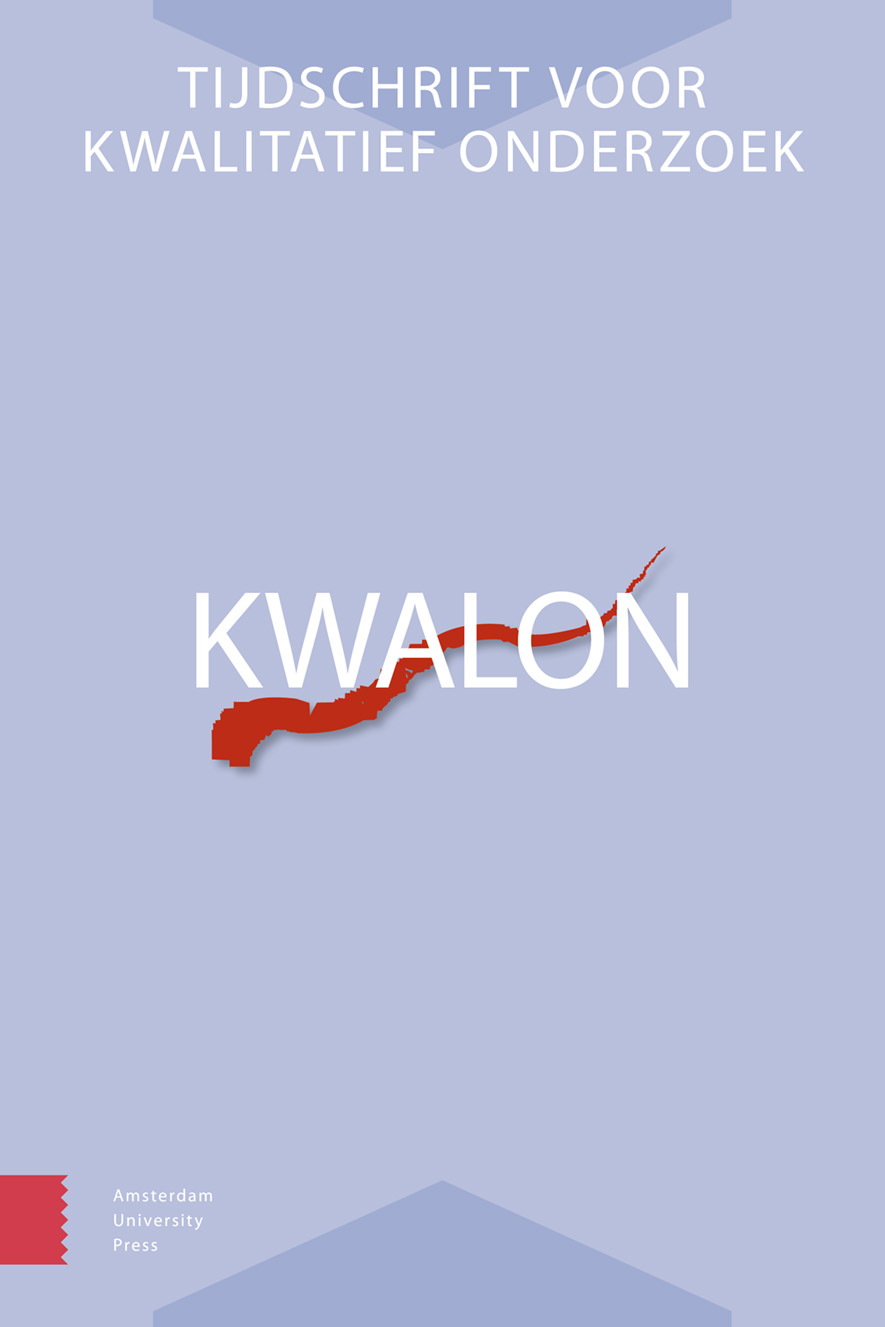-
oa Problemen van bewijs in etnografie: een methodologische verkenning van de Goffman- en Mead-controversesDe auteur bedankt dr. Jan Kees van Donge, dr. Geert de Vries en dr. Tessel Jonquière voor hun inhoudelijke suggesties en praktische steun bij het schrijven van dit artikel.
- Amsterdam University Press
- Source: KWALON, Volume 25, Issue 2, Jun 2020,
Abstract
Ethnographic authority in the post-truth era is contested and the discussion revolves around the credibility of ethnographic evidence. Doubting ethnographic evidence is usually explained as the consequence of postmodern relativism coupled to political opportunism and the social impact of the Internet. This article argues, however, that evidence in ethnography comprises a much older, unresolved methodological problem. That is because: (1) the ethnographers’ unique observations are difficult to marry to the scientific ideal of replication and what other tests are then available to support direct observation? (2) social proximity to the community one studies is essential for making direct observations and how does that correspond to the ideal of outsider verification? (3) when reporting ethnographic thick description in a credible way, facts are considered central but is it possible to write on ethnography in an interesting way without resorting to the instruments of fiction? These methodological challenges are further explored in a comparative discussion of two ethnographic controversies – Margaret Mead’s Coming of age in Samoa (1973) and Alice Goffman’s On the run: Fugitive life in an American city (2014). I conclude with a proposal for methodological rules of thumb for conducting ethnographic research in the 21st century in a way that is (hopefully) both effective and convincing.
In a short reaction Fred Wester defines scientific facts (including ethnographic facts) are produced by scientific procedures. Scientific observations have a conceptual and methodical context. In Beuvings discussions the conceptual ground of ethnographic observations are hardly discussed and his definition of replication is too limited as method for qualitative research.


